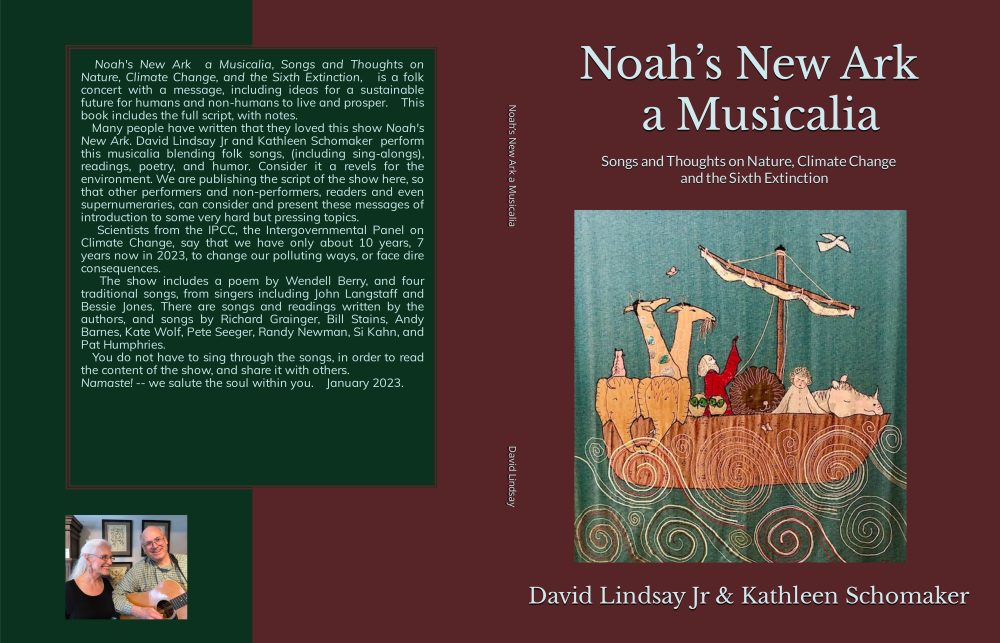By
Mr. Cohan is a former investment banker and the author of four books about Wall Street.
-
- 148

Credit…Richard Brian/Reuters
“The invisible killer is testing global capitalism as never before.
Some highfliers are getting a long overdue comeuppance. Take, for instance, the Vision Fund, the $100 billion venture capital fund created by Masayoshi Son, a Japanese billionaire whose mantra is “We only live once, so I want to think big.” On April 13, Mr. Son’s conglomerate SoftBank announced it expects to lose $16.7 billion on its Vision Fund portfolio for the year ended March 31, after a string of bad bets on dubious Silicon Valley start-ups.
The Vision Fund invested not just in WeWork, which was a debacle even before the coronavirus outbreak, but also Opendoor, a real-estate start-up; Zume, a restaurant robotics company; Compass, an online real-estate brokerage; and Oyo, an Indian budget hotel chain, all of which have fired or furloughed huge numbers of employees in recent weeks. SoftBank has already written off its $300 million investment in Wag, a dog-walking start-up, and is likely to lose its $2 billion equity investment in OneWeb, a British satellite operator, which filed for bankruptcy protection.
The Vision Fund thrived for as long as it did in part because of a decade of super-low interest rates. Investors desperate for higher yields, like the sovereign wealth funds of Saudi Arabia and the United Arab Emirates, flocked to the Vision Fund because Mr. Son promised them a 7 percent yield on most of what they invested, far higher than could be found investing in, say, Treasury securities. It was the same mentality that attracted other investors to the mountains of risky debt issued in recent years by companies with less-than-stellar credit ratings. (There were $9.6 trillion in U.S. corporate bonds outstanding at the end of 2019, nearly double the amount of a decade earlier.)
This corporate debt bubble has finally burst — another long-awaited reckoning. Companies with too much debt are in an existential struggle. On April 15, Neiman Marcus, the luxury retailer, skipped a $5.7 million interest payment on its outstanding bonds, setting the stage for its inevitable bankruptcy filing. Another large retailer, Macy’s, has hired restructuring advisers. Ford has seen its debt downgraded to junk status, as has Kraft Heinz.
The United States will soon be awash in corporate bankruptcies, which means a world of hurt for creditors, shareholders and employees of overleveraged companies or companies that have found themselves in the wrong place at the wrong time.
In fairness, no company could have anticipated the catastrophic effects of the pandemic. But the investors and employees of companies that for years gorged on cheap debt will pay the biggest price. There will be no soft landing for them.”
